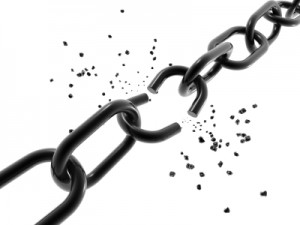Podcast: Play in new window | Download
 The Impact of PTSD on the Family
The Impact of PTSD on the Family
In this episode we discuss:
- Secondary traumatization
- Ways families respond to stress (and Post-Traumatic Stress)
- Two key areas of stress for the family
- Resources for the family
The family’s response to increased stress: (In part based on Kerr & Bowen, 1988)
- Grow distant from each other
- One will take on the traditional role of another member of the family.
- An individual may sacrifice themselves for the sake of “peace”
- Conflict
- Adapt, bond together and grow
Two significant problem areas the anger outbursts and emotional numbing
Anger outbursts
- May be verbal or physical
- Not necessarily directed at spouse or children
- Aggression may have been adaptive and appropriate during war
- Fear and guilt both past and present are foundations of anger
- May lead to the family members developing maladaptive coping skills
- See more an anger in “Healing The Wounds of War” episodes: 13, 14, and 15)
Emotional Numbing
- Isolation for social situations and from family members
- My become more withdrawn after anger outburst – fear of again losing control
- Seems unable to experience the good emotions
- Fears experiencing the “bad” emotions associated with the past
- May adopt an authoritarian way of dealing with family members
Survivor guilt can make it difficult to connect with family.
Resources for Family Support
- NAMI.org (National Alliance on Mental Illness: Family-to-Family peer support) This group offers peer support for mental problems of many kinds. They offer a 12 session class at no cost. It is not necessarily specific to PTSD, but many of the family coping skills needed cross boundaries. Classes are offered around the country. Check out their website for more information.
- MilitaryOnesource.mil (for military members and their families) or you can call 800-342-9647
- ptsd.va.gov/public/web-resources/web-families.asp (A good place to start for veterans and their family members)
More references
- http://www.coupletherapyforptsd.com/wp-content/uploads/Psychological-sequelae-of-combat-violence-A-review-of-the-impact-of-PTSD-on-the-veterans-family-and-possible-interventions..pdf An in-depth review of the scientific literature concerning the impact of PTSD.
- http://www.ptsd.va.gov/public/family/effects-ptsd-family.asp
- http://ptsd.about.com/od/infoforfriendsfamily/a/PTSDfamily.htm







